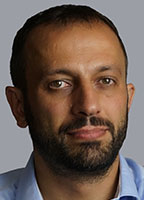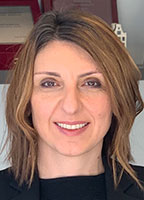The growing application of multi-omics data in stem cell biology has facilitated a broad spectrum of basic and translational research.
The Black Family Stem Cell Institute has significant focus on creating and leveraging molecular assays to harness various layers of genetic, chromatin accessibility, proteomic, and epigenetic data in deciphering factors that differentiate pathogenesis from normal cellular development and function for basic discovery and translational research. Using this data to reveal which cellular niches and mechanisms in complex primary tissues drive disease or resilience creates a feedback loop for translation of multi-omics data to apply stem cell models for high throughput validation of downstream regenerative and therapeutic potential.
Discovering and associating gene specific transcriptional regulation of each cellular system informs the commitment of stem cell models in our effort to combine higher resolution multi-omics with basic and applied stem cell biology. From systematically modeling individual diseases in stem cells to testing perturbations induced using gene editing strategies for understanding complex pathologies to developing cancer therapy, regenerative, and personalized approaches, we are collectively generating and using genetic data to build the future of stem cell medicine at Icahn School of Medicine at Mount Sinai and beyond.
Investigators with a major focus in genomics approaches in stem cell research include:






